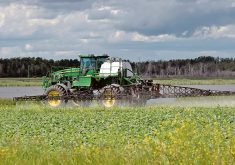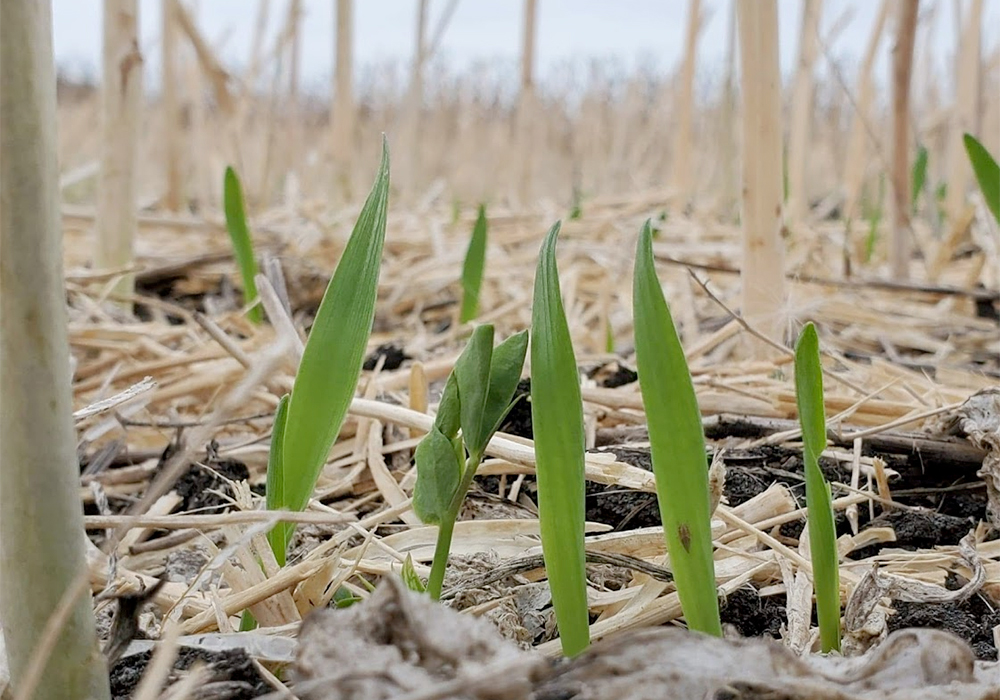Consumers push for sustainably sourced food
Pulse Canada officials think the Canadian agriculture industry needs to develop a plan for sustainability issues.
Consumers are becoming more curious about how food is grown. They want to know if it is being produced in a sustainable manner.
That has prompted food companies to learn more about their supply chains.
In 2002 Nestle, Unilever and Danone created the Sustainable Agriculture Initiative Platform to support the implementation of sustainable agriculture practices.
The group now has 30 members.
“We’re seeing a lot of market pull from food companies and retailers,” said Denis Tremorin, manager of sustainability with Pulse Canada.
Read Also

Government, industry seek canola tariff resolution
Governments and industry continue to discuss how best to deal with Chinese tariffs on Canadian agricultural products, particularly canola.
Unilever plans on having traceability in a large portion of its food products by 2020 and for 100 percent of its products to be sustainably sourced by 2050.
Sustainable Food Laboratory, which has a broad membership base that includes non-governmental organizations, has developed a carbon footprint calculator called the Cool Farm Tool that is being used by companies like Unilever, PepsiCo and Yara International in their supply chains.
Pulse Canada used the calculator on a pilot project in conjunction with Heinz to help determine the carbon footprint of a can of navy beans.
That project highlighted strengths and weaknesses of the Cool Farm Tool calculator. It can provide farmers with information on how to reduce greenhouse gas emissions but it has geographic biases that could unfairly penalize Canadian growers.
Tremorin said it fails to properly account for climatic conditions, so a farm in southwestern Saskatchewan, where it is hot and dry, might be shown to be producing artificially inflated levels of greenhouse gases.
That’s why Pulse Canada is spearheading a project to develop a Canadian calculator. It hopes to test the tool with a group of Saskatchewan growers during the winter of 2012-13.
The other main initiative will be to form a broad-based Canadian agriculture sustainability working group that would include food companies, retailers, environmental groups, the fertilizer and crop protection industries, commodity groups and grain companies.
Tremorin worries they may have already lost an important partner with the downsizing of the CWB.
“They’re not going to be taking on as much of a role in this area of market promotion,” he said.

















